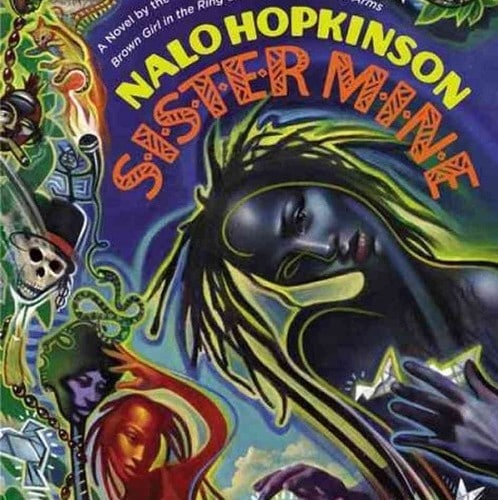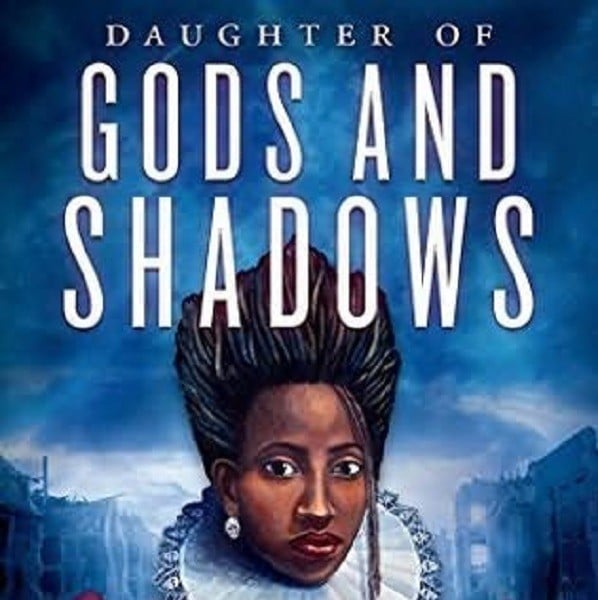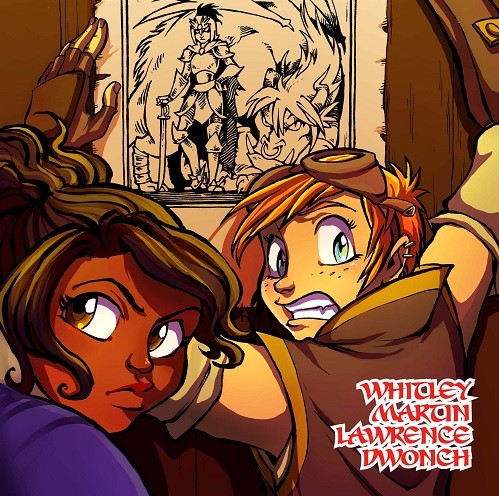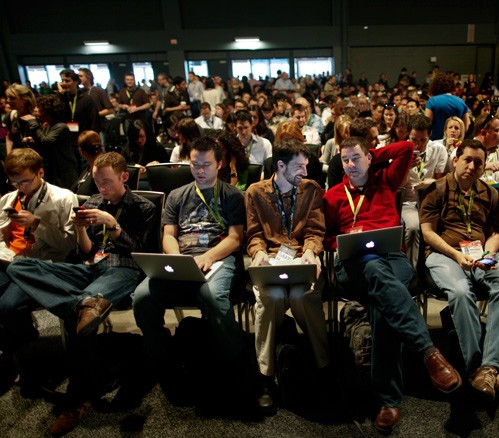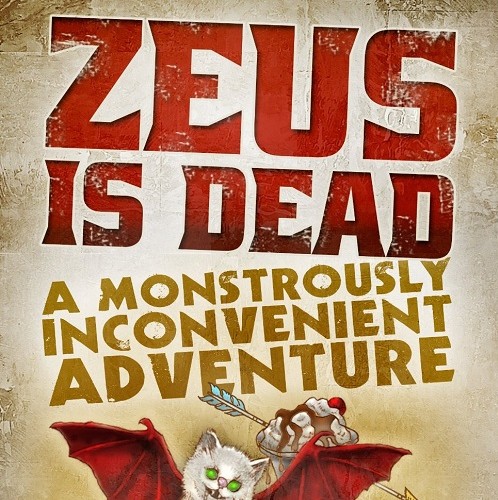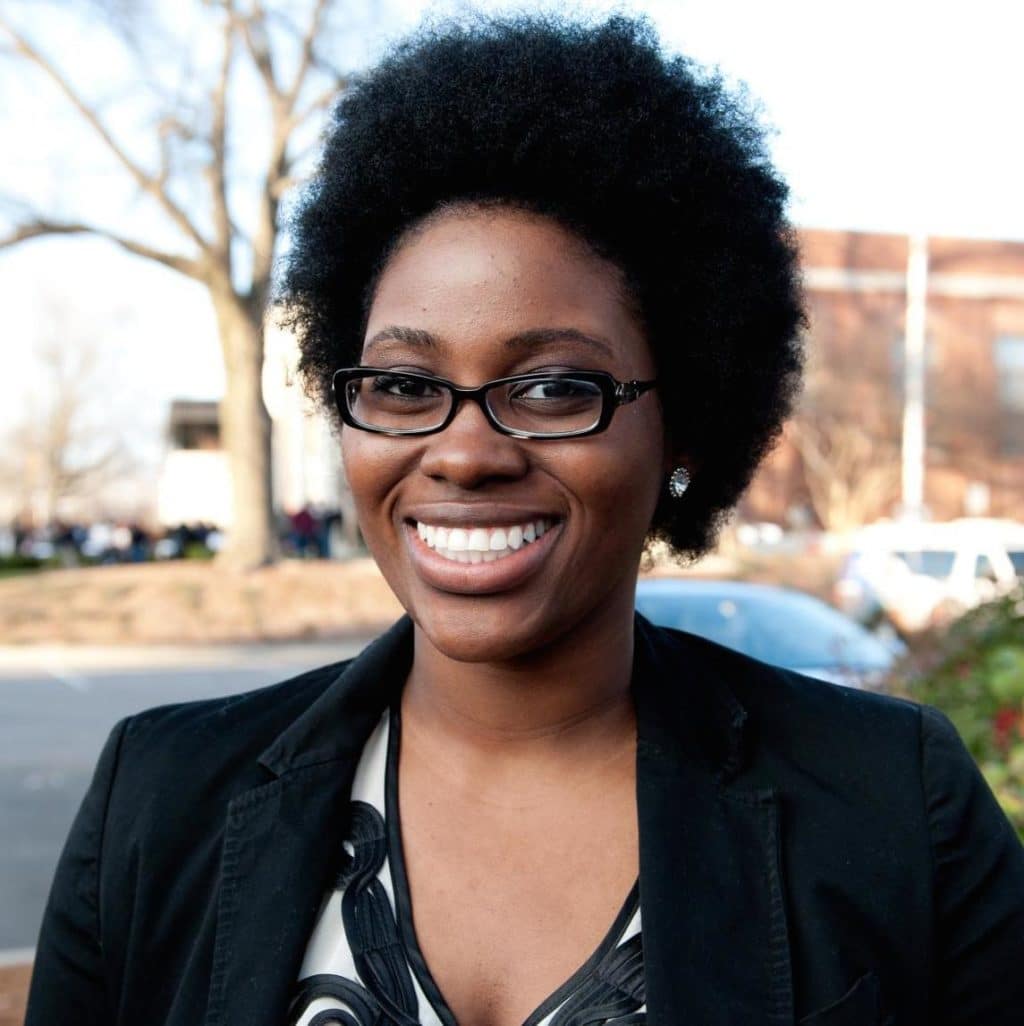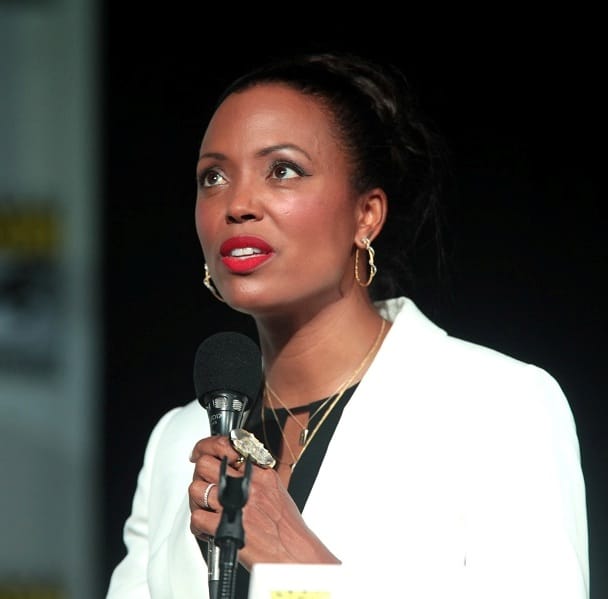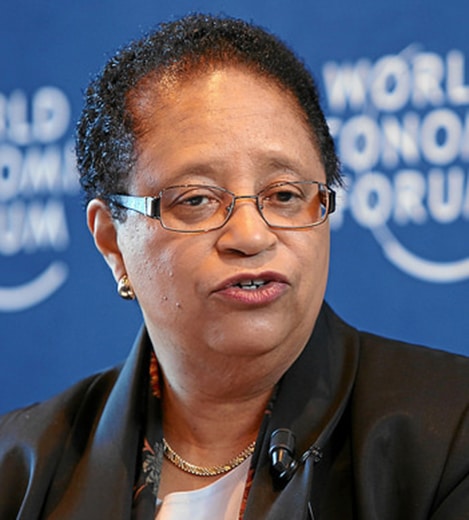As I’ve written, and written and written, I am a ridiculous Halo fan.
I still contend that outside of Half-Life, no other game has changed the First Person Shooter genre more since the big green guy in the Mark IV MJOLNIR armor arrived. Despite the dismissive hand-waving of Sony Fanboy lifers, Halo is still the largest single platform shooter of all time (whose sales still rival Call of Duty as a multi-platform juggernaut) and a big reason that Xbox survived its embryonic stages after launch. Its 2004 follow up, Halo 2, was the largest entertainment release at the time. Considering there have been four official releases since, other Halo strategy games, merchandise, Legos, fiction novels, comic books, mini movies, etc, the canon that is Halo is strong and enduring and thick like a Jackal’s energy shield. So, is there any possible way of damaging that monolithic brand?
This question comes about because of Halo’s most recent release, the Master Chief Collector’s Edition that debuted November 11th, developed by 343 Industries. Now, this should have been a slam dunk. All the Halo games featuring the 7 foot man of few words protagonist, Master Chief (Halo: ODST and Halo: Reach don’t apply), all games that were legitimate Game of the Year nominees (and some winners), all games that had incredible sales records and all games worthy of a next gen upgrade. So the games are already great. And they were released for the 10-year anniversary of Halo 2, the series’ most ambitious and fabled entry. And a huge budget was allotted for Halo 2’s complete (and stunning) makeover with a multiplayer suite and tons of options across all 4 games. Retailers were charging $60 for this game, but Halo-stans like myself probably would’ve paid twice that for all that was included and folks, we’re talking about games up to 13-years-old. So what could possibly go wrong? Well, how about everything.
For context, the first three games of this collection were developed by Bungie, who is currently commanding this year’s biggest release in Destiny (which I’m still playing more than any other game by the way, but that’s a column for another day). Bungie left Microsoft to develop games for Activision, but Microsoft had already acquired Halo outright years before and hands it over to 343, who exceeded expectations and continued the storied legacy of Master Chief in Halo 4. It was 343’s first huge test and they passed with all skulls active, so when we finally heard about the Master Chief Collection, we trusted that 343 would deliver.
Read More from William Evans at blacknerdproblems.com


